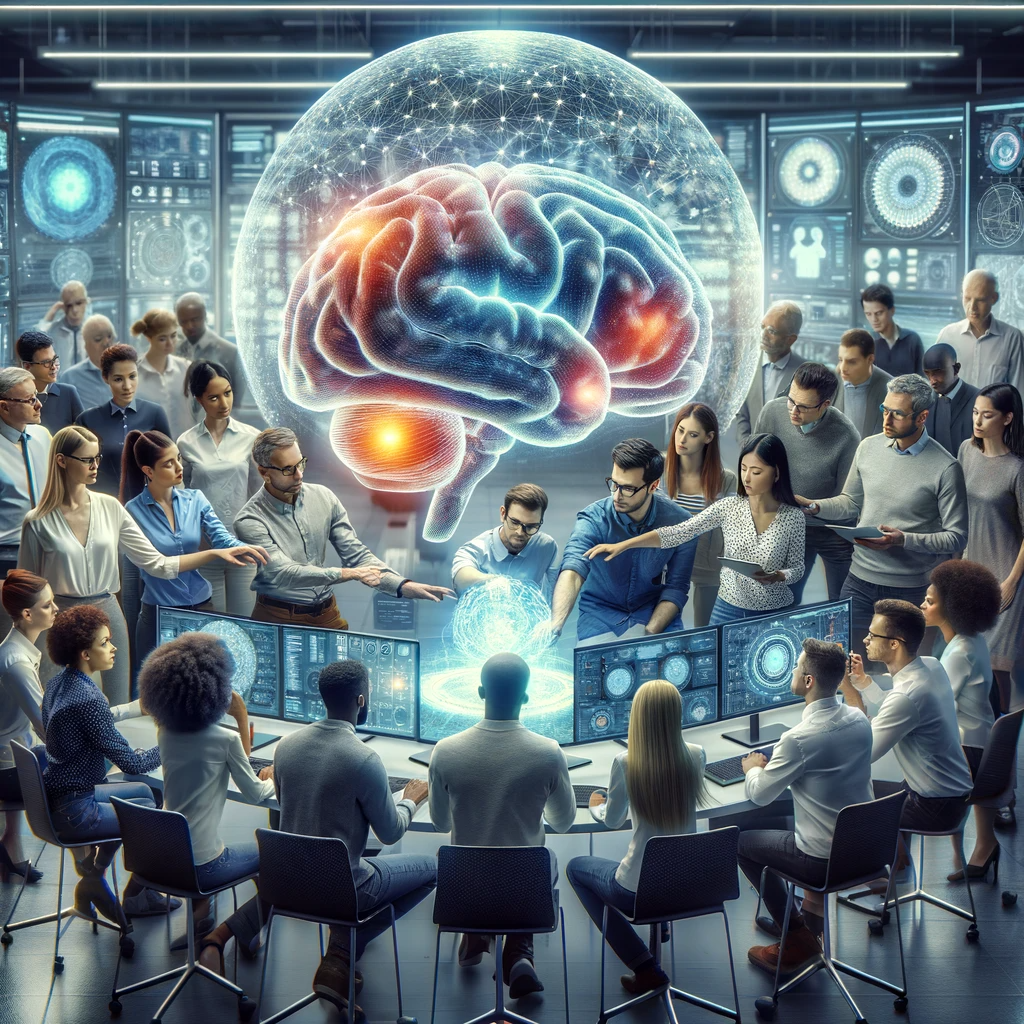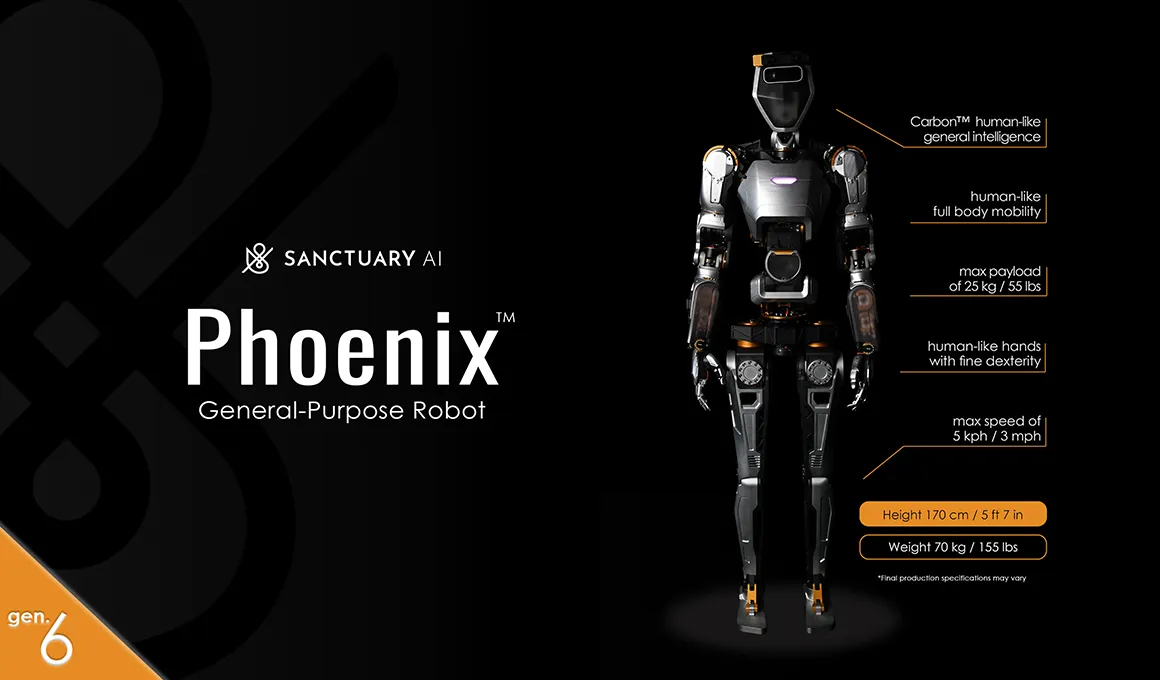Introduction
The world of technology is continually reshaping itself, and Generative Artificial Intelligence (AI) stands at the forefront of this transformation. A recent development at OpenAI, a pioneer in AI research and development, has sent ripples across the tech world. In our latest podcast episode, Jonathan Ruiz Torre offers deep insights into these changes. Let's unpack the significance of this moment and what it means for the future of AI and beyond.
OpenAI's Leadership Change: A Turning Point
OpenAI’s decision to part ways with Sam Altman marks a significant shift in its journey. Altman's contribution to OpenAI, especially in developing technologies like ChatGPT, has been instrumental. This leadership change could signal a new direction in the company's approach to developing AI tools – possibly towards more ethically aligned and controlled advancements. Understanding this shift is crucial for grasping the future trajectory of generative AI.

The Expansive Impact of Generative AI
Generative AI is set to revolutionize more than just the tech industry. Its applications are far-reaching, infiltrating sectors such as healthcare, legal, finance, and even our daily activities. This technology, with its advanced learning and reasoning abilities, has the potential to enhance human capability, automate complex tasks, and introduce innovative solutions to longstanding challenges. It's a game-changer that will redefine industry standards across the globe.
Ethical Implications and Emerging Risks
The transformative power of generative AI comes with its own set of risks and ethical concerns. The shift in leadership at OpenAI spotlights the need for responsible development and governance of AI technologies. Key issues include data privacy, security, potential biases in AI systems, and the broader impact on employment and societal structures. How we address these concerns will shape the role of AI in our future.
Industry Adaptation and Integration
The integration of generative AI into various industries is inevitable. Companies need to prepare for this shift by understanding the technology, its capabilities, and its limitations. In sectors like healthcare, AI can aid in diagnostics and personalized medicine, while in finance, it can enhance risk assessment and fraud detection. The adaptability and application of AI will be key to leveraging its benefits.


The Future of Work with AI
Generative AI will significantly impact the workforce. While it offers automation of mundane tasks, it also necessitates the reskilling of employees to work alongside AI. There's a growing need for professionals who can understand, manage, and innovate with AI tools. The future of work will be a collaborative effort between human intelligence and AI capabilities.
Conclusion
The developments at OpenAI are a harbinger of a new era in AI – one filled with immense possibilities and challenges. As a leader in software development and AI applications, DaCodes is committed to exploring these new frontiers. We recognize the potential of generative AI to revolutionize industries and improve lives. Our focus remains on harnessing this technology responsibly, ethically, and innovatively, ensuring we contribute positively to this transformative journey.





